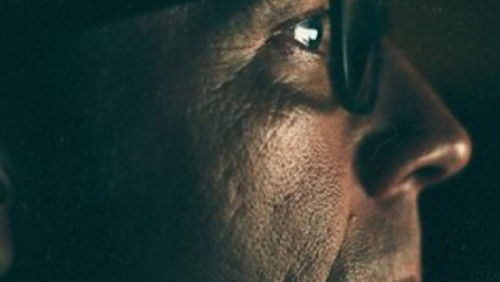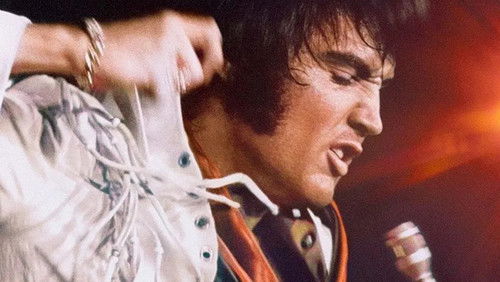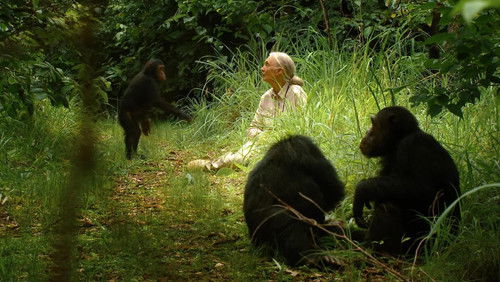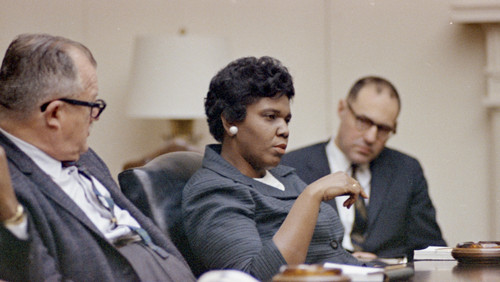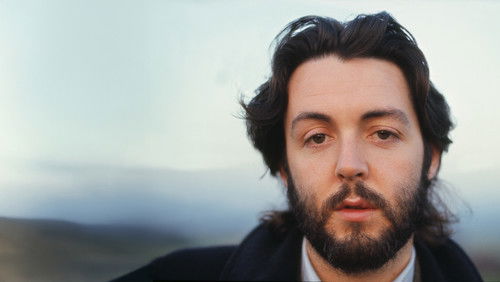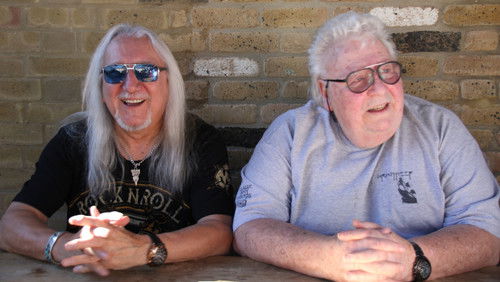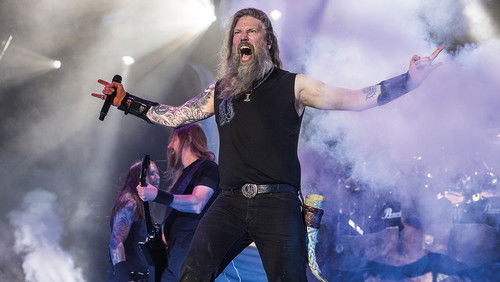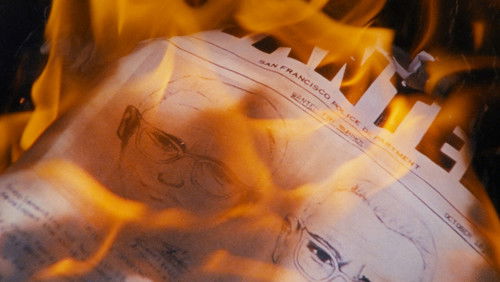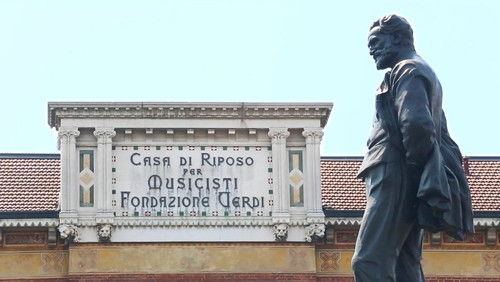Wer fürchtet sich vorm schwarzen Mann (1989)
31KWer fürchtet sich vorm schwarzen Mann (1989). Wer fürchtet sich vorm schwarzen Mann: Directed by Helke Misselwitz. A close-up of Berlin coal carriers from Prenzlauer Berg. No portrayal of worker heroes or progress here. Instead, bright, deeply-felt sketches of rough men and their resolute woman boss. "Refreshing and new… A beautiful, sometimes whimsical documentation of Berlin workers. A cinematic correction of what, in general, was valued in an East German documentary." – Elke Schieber, film historian
“This documentary follows a group of men delivering coal in the Prenzlauer Berg district of Berlin in late 1988. Their boss is Renate Uhle, head of the Uhle Coal Company, a family business in East Berlin since 1922. The documentaryu0026#39;s tone is pitch-perfect: it doesnu0026#39;t look down on its subjects and it doesnu0026#39;t paint them as u0026#39;noble workersu0026#39;; it shows a group of men and women who have worked together for years and who treat each other with respect. We also see the connection that the business has to its customers, who stop by to order coal or to say that an elderly relative has died. Thereu0026#39;s plenty of humor as well, much of it from Renate, the soul of the business who can talk a mile a minute, and much from a standing gag of three workers trying to remove the undercarriage from a delivery trailer.u003cbr/u003eu003cbr/u003eMany of the scenes could have been shot in 1888: we see the delivery men go up flight after flight of stairs carrying a Zentner of brown coal briquets (50 kg; 110 pounds), at times puffing on cigarettes; or we see them descending into cellars to dump loose lumps of coal in a heap. Anyone concerned with health and safety in the workplace would have a heart attack at some scenes, such as one in which the men split kindling using a powerful, simple, dangerous machine.u003cbr/u003eu003cbr/u003eWhen you look at the practically vacant streets of Berlin in the film and imagine how different they are today, you see that this film captures a moment before everything was about to change. The film divides its attention pretty evenly between Renate and her family and the men and their families. Helke Misselwitz, the director, has a gift for making her subjects comfortable in front of the camera.u003cbr/u003eu003cbr/u003eThis is a warm, humane film.”
